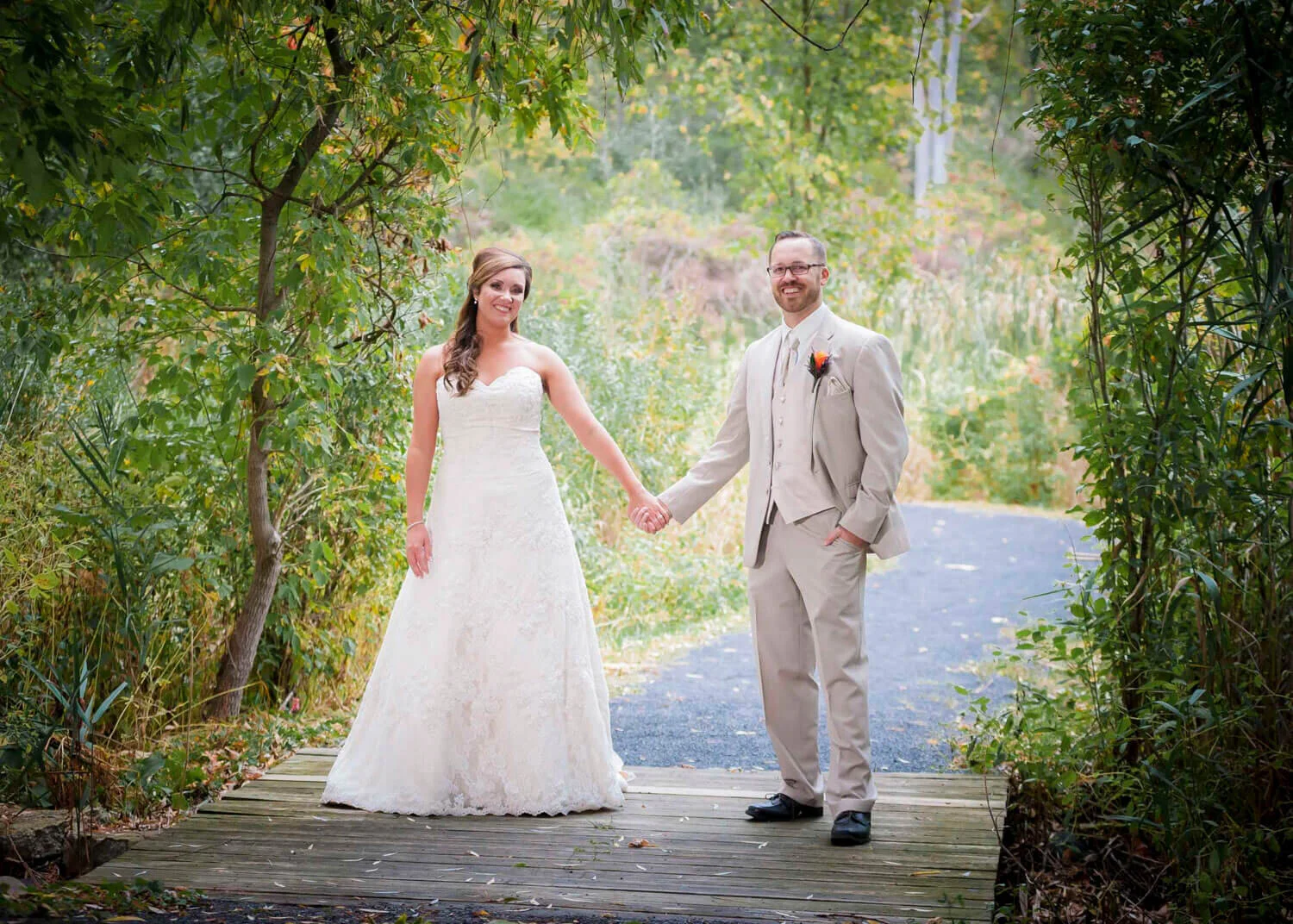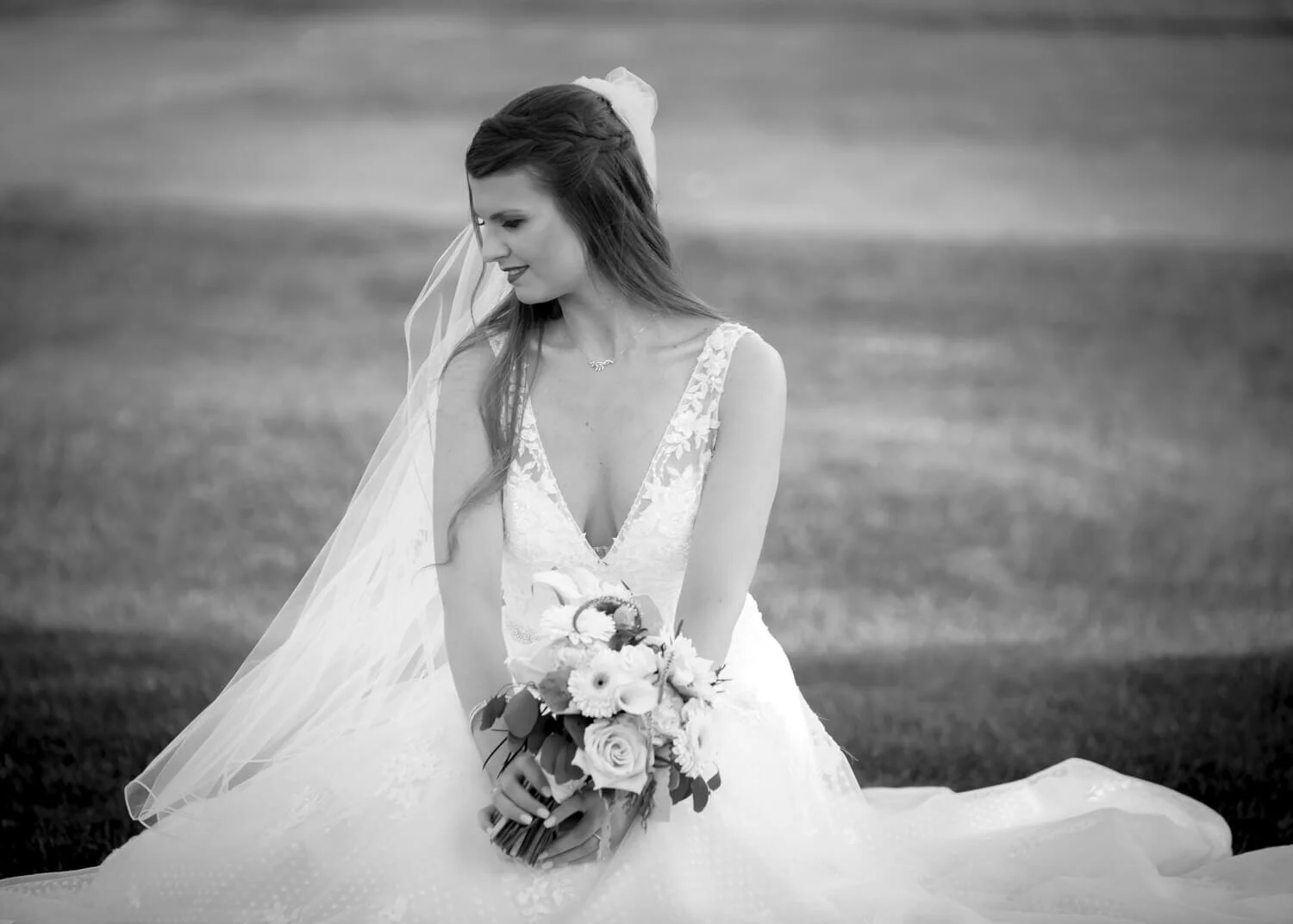wedding planning questions You Need To Know
The First 7 Things To Do When Planning Your Wedding
Over 80% of couples regret how they planned their weddings and would plan them differently if given a second chance. In this article, we are going to discuss how to plan a wedding including the first 7 steps!
It won't be long after your engagement when you begin to think about planning your wedding. Initially, it doesn't seem so bad, but it won't take long before you realizejust how much needs to be done.
Because we're familiar with wedding planning, we're going to discuss the first 7 things you must do when planning your wedding. These 7 tips were created based on:
Experience
Cost
Avoiding The Mistakes Over 80% Of Couples Make
Give Us Something We Can Use
It's important to us that we can give couples information they can really use. Hopefully by providing couples with practical information, it will avoid the situation in which they say, "I wish somebody would have told us that!"
Planning a wedding can be a pretty overwhelming undertaking. When you sit down and start to outline what needs to be done it can be quite a shock to the system. Don't freak out! Everything will be okay. The hardest part can often be the first couple of steps. Where do I begin? What should I do first? These are all very common and very good questions - so let's get started!
The First 7 Things To Do When Planning Your Wedding
1. Get Organized
We just talked about how mind-boggling planning a wedding can be, so getting organized will be a critical first-step. If you're not an organized person by nature, now would be good time to start some new habits. Being organized with your wedding planning will be the only way to track your wedding budget, what part of your planning is complete, and what you have left to do.
So how do you get organized? I have some good news - step one is easy! Whether you go to a Barnes and Noble or prefer to shop online using Amazon (or something similar), purchase a good wedding planning guide. They look like large three-ring binders. They typically will provide a worksheet of some sort to track your wedding budget and they will have designated folders to store all of your wedding information (venues, wedding professionals, florists, dress, etc.). It will really make storing and locating your wedding planning information painless, and manageable.
2. Determine Your Budget
The next step in the process is going to be a little more challenging then getting organized. It's time to determine your wedding budget. There are tons of ways to save money on your wedding budget, but this is where a lot of couples make the mistakes they most regret. How we perceive our weddings during the planning phase is typically very different than how we perceive them when they're over. Unfortunately, This is exactly why so many couples regret how they planned their weddings.
Most couples regretted not investing enough of their wedding budget into the details that documented and preserved their day. We don't want you to be one of these couples, that's why we are writing this blog. I am here to help!
3. Create A Guest List
This may not seem like a big deal, but creating a guest list is extremely valuable to your wedding planning. To make it easy, make a list that includes two categories:
Must Invite
If Possible
Obviously, the "must invites" will include immediate family, uncles, aunts, close friends, etc. The "if possible" list will typically include those people that are considered "acquaintances." By separating your list into these two categories, you will have a pretty good idea how many total invites you will have. Keep in mind, that on average. 30% of your invites will not attend. Generally speaking, you can figure it will cost between $100-$110 for each guest in attendance. So, let's say you're able to cut 10 people from your guest list, that's at least $1,000 saved on your wedding budget!! The guest list will be beyond helpful once you start visiting wedding venues.
4. Determine Your Wedding Date
Deciding on a wedding date is quite important. Pretty much every future step of the planning process will require you to know when you plan on getting married. You will probably find that pricing for "off-season" weddings is noticeably better than "in-season." You may even want to select an off-season and in-season date if you're unsure so you can compare the difference in cost.
5. Choosing A Wedding Venue
We are now to the point of choosing a wedding venue. This is one of the most important steps in the planning process because it's also the most expensive. There are a lot of details to consider when choosing your venue, but for the purpose of this blog we are going to touch on some of the more critical particulars.
Obviously, the first thing you need to know is whether or not the venue has availability for your wedding date. If your wedding is taking place in-season, you will want to find out if the venue has any specific requirements pertaining to guest counts or financial liability. Often times, a venue will require couples to have a minimum number of guests or they will require couples to spend a minimum amount of money (i.e. $15,000). Certainly, any applicable requirements could play a huge role in where you ultimately decide to host your wedding.
6. Choose Your Wedding Professionals
Clearly, this is the next big step you will take in your wedding planning. Your wedding professionals play a critical role in your wedding day. These are the people who will commemorate your day and take the necessary steps to ensure a great experience for you, and your guests. If you haven't taken a moment yet to check out the "Top 5 Bride Regrets," here's a quick snapshot of what they include:
Not hiring a videographer
Scrimping on the wedding photography
Not hiring a professional photographer
Not hiring a professional DJ
Waiting too long to book the wedding venue (even before the dress!)
As you can see, over 80% of brides regretted this step of the planning process. When you're planning a wedding, it's very easy to lose sight of the details that will ultimately mean the most to you. Don't get me wrong. I'm not saying all the other details that go into planning a wedding aren't important. Every single detail adds to the "feel" of your wedding. However, it's also important to understand that less extravagant details can still add value to your day, but free up your budget to invest in the things that memorialize it.
7. The Wedding Dress
Ahhh, #7 - The wedding dress. You may find it surprising to see the wedding dress is so far down the list, but it is - with good reason. Every bride wants to have a dress that makes her feel good and look beautiful. But the great thing about wedding dresses is how many options you have. There are literally tons of dress options, tons of price points, and tons of ways to save money. Many brides have reported finding their dream dress for $1,000 or less. Shopping for the wedding dress is unlike any other part of the wedding planning process. You can actually find "knock off" designs of famous designers, but at a fraction of the price. And to help you with finding the perfect dress, click the link below where you will find some great information!
There you have it - the first 7 things you should do when planning a wedding. Being organized and attacking the planning process with a sold game plan is essential for effective planning, and keeping your sanity. Things can get pretty crazy while planning a wedding. But taking a sound approach to the planning process will allow you to enjoy it, without getting overly frustrated or stressed. We hope you find these tips helpful in your wedding planning and we wish you the best of luck!



